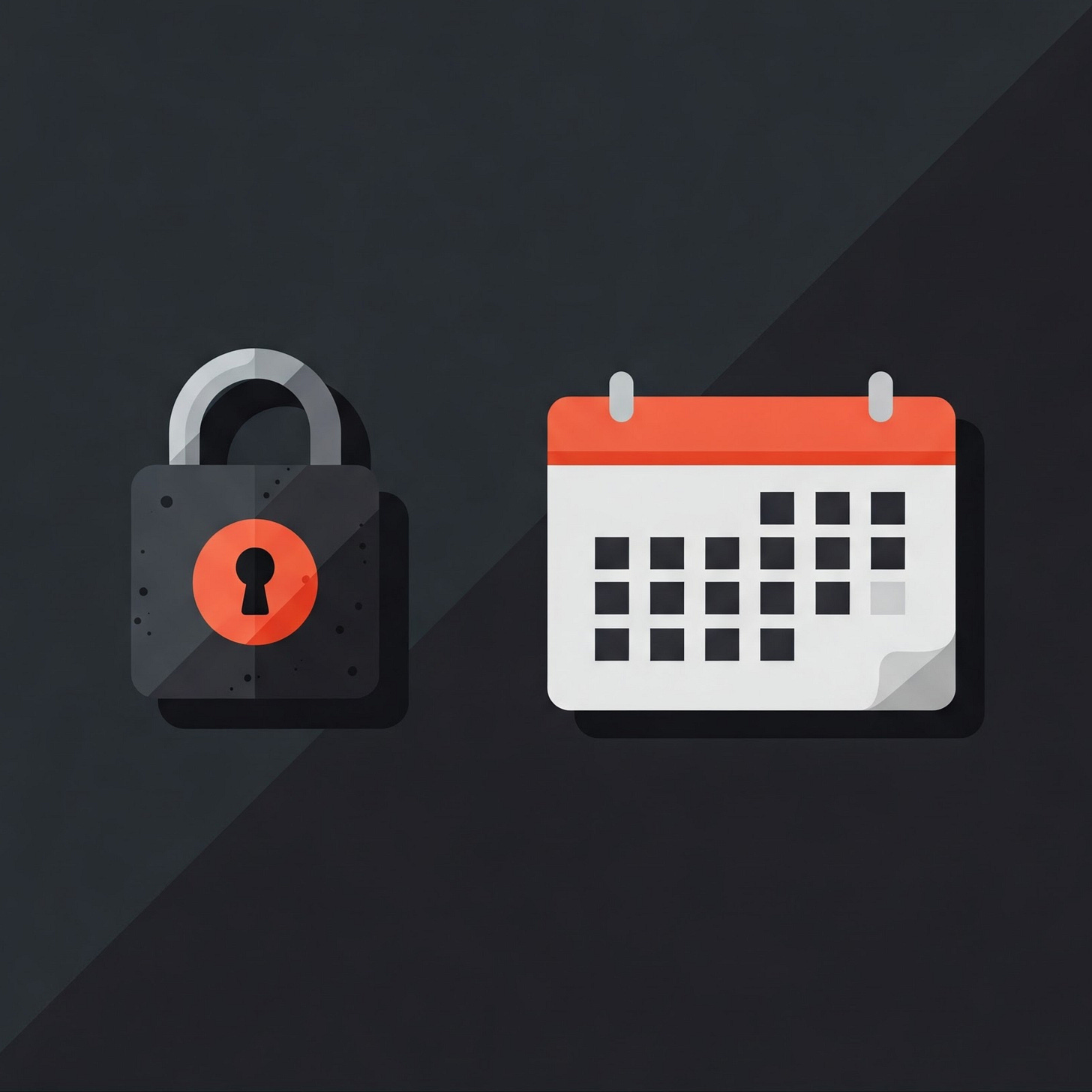The Bad Habit Tracker
Add Friction To What You Want To Limit
TL;DR Log your bad habits, behaviors you want to limit or eliminate. Start with the spreadsheet template in the article.
Have you used habit trackers to adopt new behaviors? How about bad habit trackers? What if I told you that you can only track bad habits, those behaviors you want to keep in check, if not eliminate. You see, you don’t need to “punish” yourself for doing the good stuff with having to also take note of that. It’s best to add more friction to what you want to discourage.
You might be thinking, “But I want to be consistent in my good habits, shouldn’t I record them?”. There is an answer. Commit to a certain frequency or schedule, and track those occurrences when you didn’t stick to it. Additionally, to have visibility into your inputs in certain activities and projects, we will explore time tracking in the future articles. When you have a time log, it is easy to extract your habit stats.
Back to bad habits. What are we talking about here? Things like alcohol, nicotine, caffeine, any intoxication you want to regulate and limit. Or any app addiction you want to tame, short videos, porn, video games, and so on.
I hope you see how this plays together with tracking health and time at least, because certain unhealthy activities will show their effect in that they take away from your energy and health, and from your time on things valuable to you. If you’re a creator, or you aspire to be one, I can’t stress enough how the easy dopamine is detrimental to your creativity. Keep it under control and see what happens.
Cool, now let’s talk about how to start. As always, simple:
📃 Create a spreadsheet for Habits from this template.
📝 Make records every time you behave badly: date, habit, quantity.
📊 Check the stats to see dynamics, combine it with the health tracker.
A note about quantity, I recommend keeping it integers only for simplicity. You can always come up with a definition of “one portion”. For alcohol, as an example, keep it simple - just count drinks. Whether it's beer, wine, or spirits, standard servings contain roughly the same amount of alcohol, making them all easy to track as single units.
Logging brings value even if you don’t analyze the results. When I started tracking my caffeine intake, something interesting happened. Without setting any reduction goals, I found myself naturally opting for decaf or tea more often (more often than never) - simply because logging another coffee could be avoided this way. The mere act of tracking can subtly influence our choices and create that beneficial friction we want for habits we're trying to limit. This is a small step you can make towards a healthier and more mindful you.
And as you go on with tracking in general, you will start seeing patterns and get to know your body’s response to various activities, which will help you navigate the everyday choices in such a way that optimizes your well-being.


